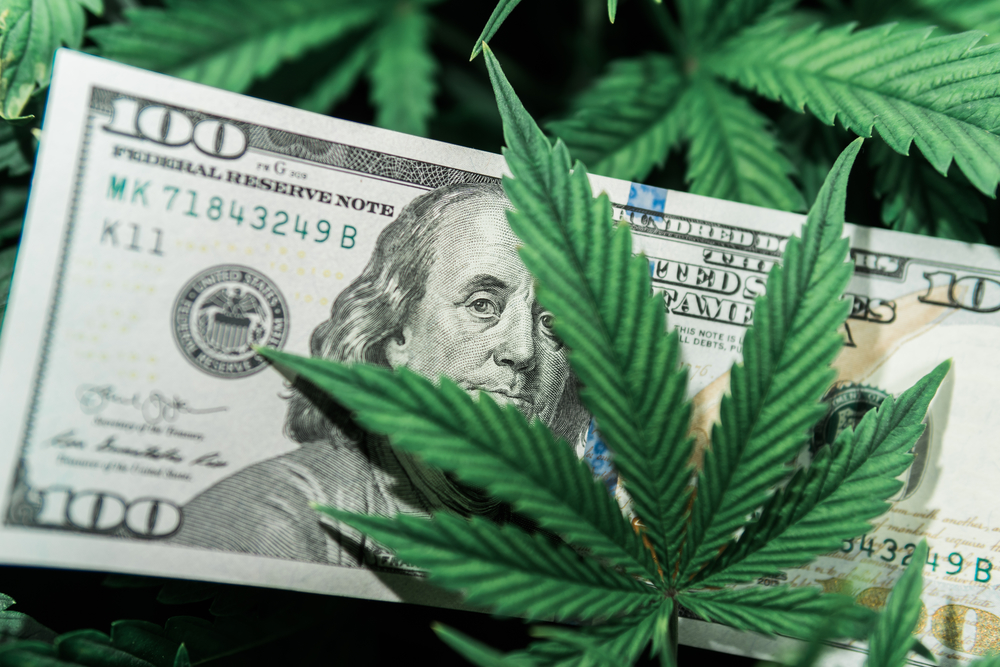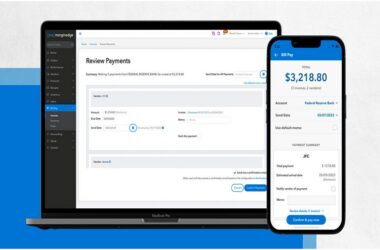Proponents of complete marijuana decriminalization cite a whole host of alleged benefits of doing so. Among them is the supposed end of the black market. As the thinking goes, the black market will have no customers if marijuana is decriminalized at the federal level. And yet, the black market continues to thrive even in states that have okayed recreational marijuana use.
Why is that? As an entrepreneur, why would one deal with black market marijuana in a marijuana-legal state? The answer is found by following the money. In the simplest terms possible, black market marijuana is financially lucrative. Growers still grow it, processors still process it, and sellers still sell it because there is money to be made.
A Small-Time Bust in Oregon
How lucrative is black market marijuana? A recent bust in Keizer, Oregon tells the story. According to local reports, Keizer police busted a group of people operating a growing and processing business via six houses located throughout the area. The houses were located in both Keizer and Salem.
Police seized more than 273 pounds of packaged marijuana along with almost 4,100 plants. They estimated the total value of the plants at some $8 million. Remember, this was a small-time operation being conducted out of six local homes. Imagine how much money the operation would have been worth had the group been growing at an industrial scale.
Profits Exceed Costs
Making any business profitable requires generating revenues in excess of one’s costs. In the marijuana business, the costs are pretty high. Businesses have to invest in growing equipment, marijuana processing equipment, and all the little things that go into managing a business. It is not cheap.
Houston’s CedarStone Industry suggests that marijuana processing equipment often represents the largest expenditure of any operation that wants to do more than just grow plant material. If you want to turn marijuana plants into vape cartridges, tinctures, edibles, etc., you have to invest in expensive equipment.
A small-time operation like the one in Oregon will not have nearly as much marijuana processing equipment as an industrial competitor. But even so, the small amount of equipment that operation required is still expensive.
Retail Products Are Cheaper
All of this still does not fully explain why the black market still thrives in states like Oregon, California, and Colorado. Illegal operators still need to have customers. For their part, customers have every opportunity to purchase their marijuana legally. So, what’s the deal?
Customers in the cannabis space are no different than customers in any other industry. They want the most value for their dollar. It just so happens that black market marijuana is almost always cheaper than the stuff produced legally. Why? Because black marketeers do not collect or report taxes. They also don’t have all the associated costs of producing and processing cannabis legally.
Federal decriminalization is not likely to change anything. If decriminalization ever becomes reality, the result would likely be a scenario similar to what already exists for alcohol. Federal and state lawmakers getting their hands in the mix would undoubtedly lead to significant taxation and burdensome regulations that only add to costs.
A Permanent Black Market
Unless Washington and the states miraculously adopt a 100% hands-off approach to marijuana, a permanent black market is guaranteed to remain. Black market operators offer cheaper products at retail despite having to spend money on growing operations, marijuana processing equipment, and so on. And as long as they can do so, there will be no shortage of customers looking to purchase from them. It is the way the free enterprise system works.



